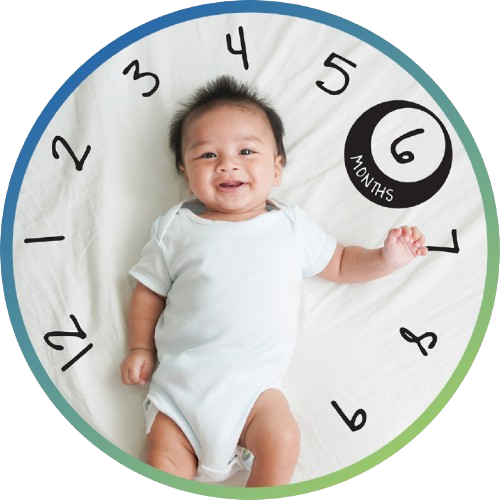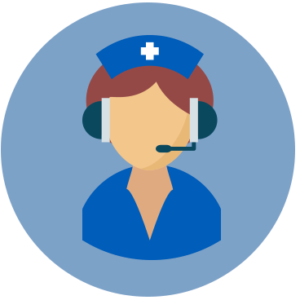


Cold Flu - Community
Protect your crew from the flu
Protect your crew from the flu
Don't wait until you are sick. Talk with your doctor or pharmacist about the flu shot today.
Click the flu shot finder button below to find a pharmacy near you.

Cold Flu - Baby
Babies can get a flu shot as early as 6 months old. Talk to your doctor today.
Mark their milestones
with a flu shot
Mark their milestones
with a flu shot
Babies can get a flu shot as early as 6 months old. Talk to your doctor today.

Cold Flu - How to get shot
Ready to get your flu shot?
Ready to get your flu shot?
Doctor's Office
Make an appointment today to stay up-to-date on shots and important exams!
Visit Your Local Pharmacy
19 years or older
Rides to doctor visits available.
Call 1-888-936-7526 TTY 711.



